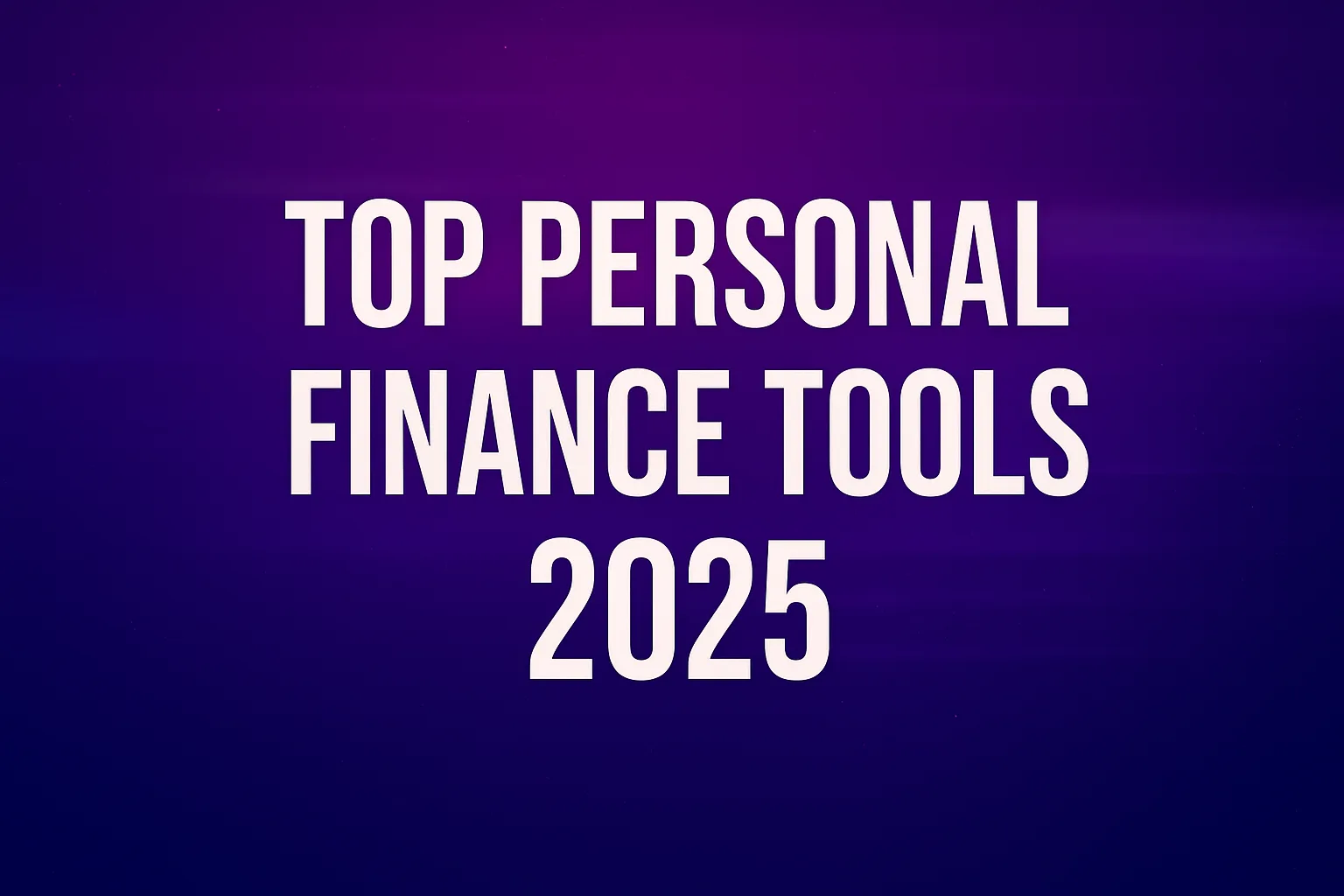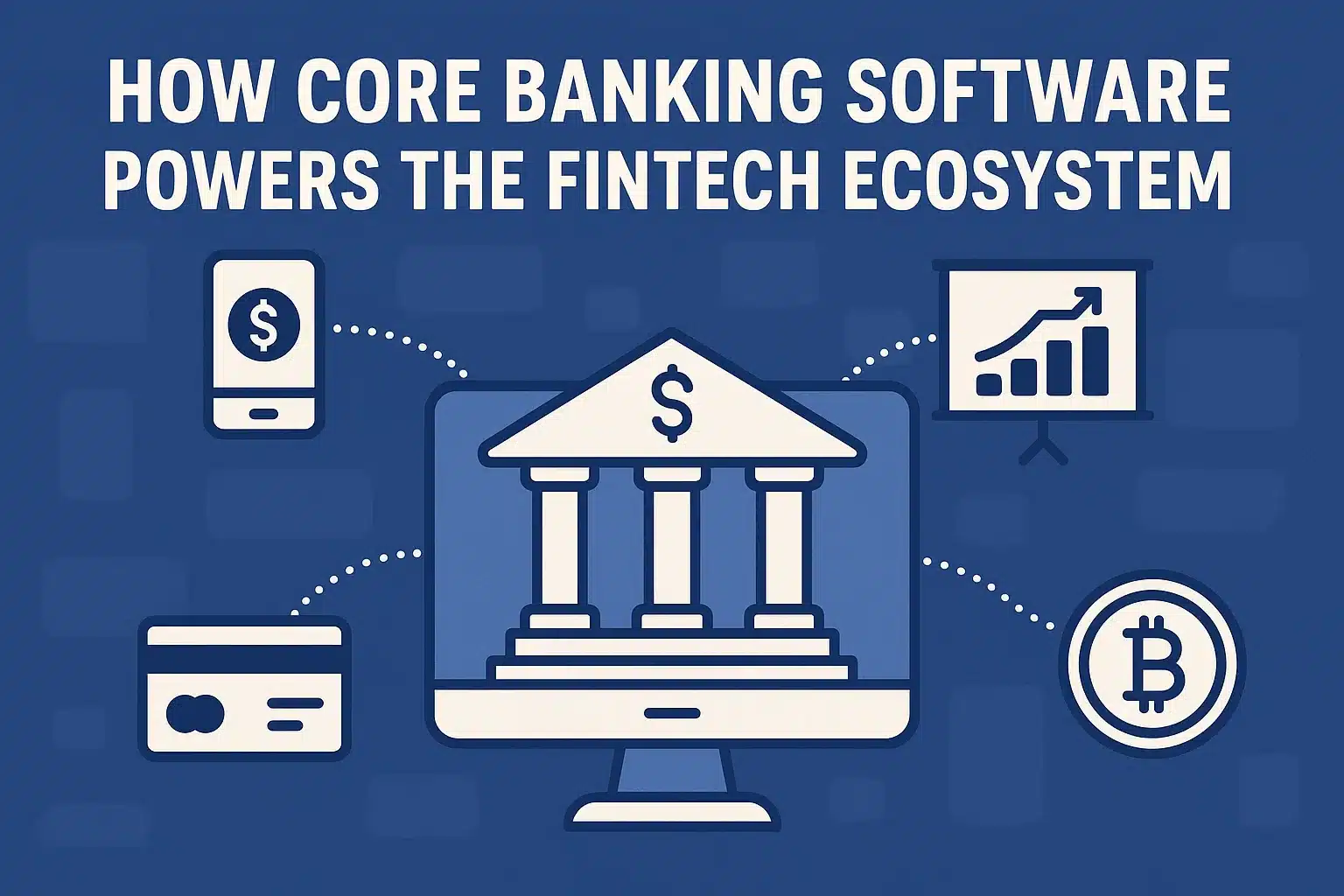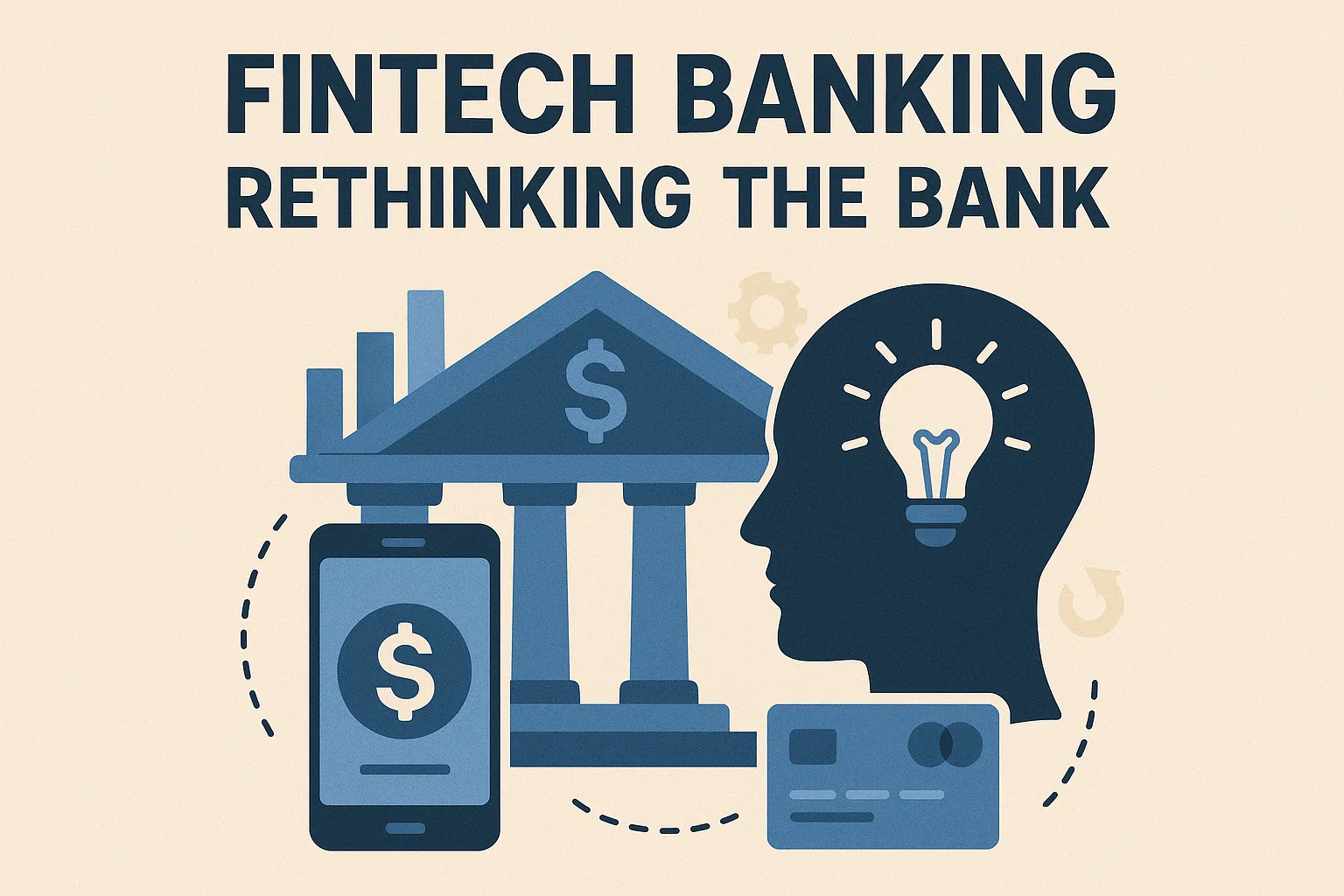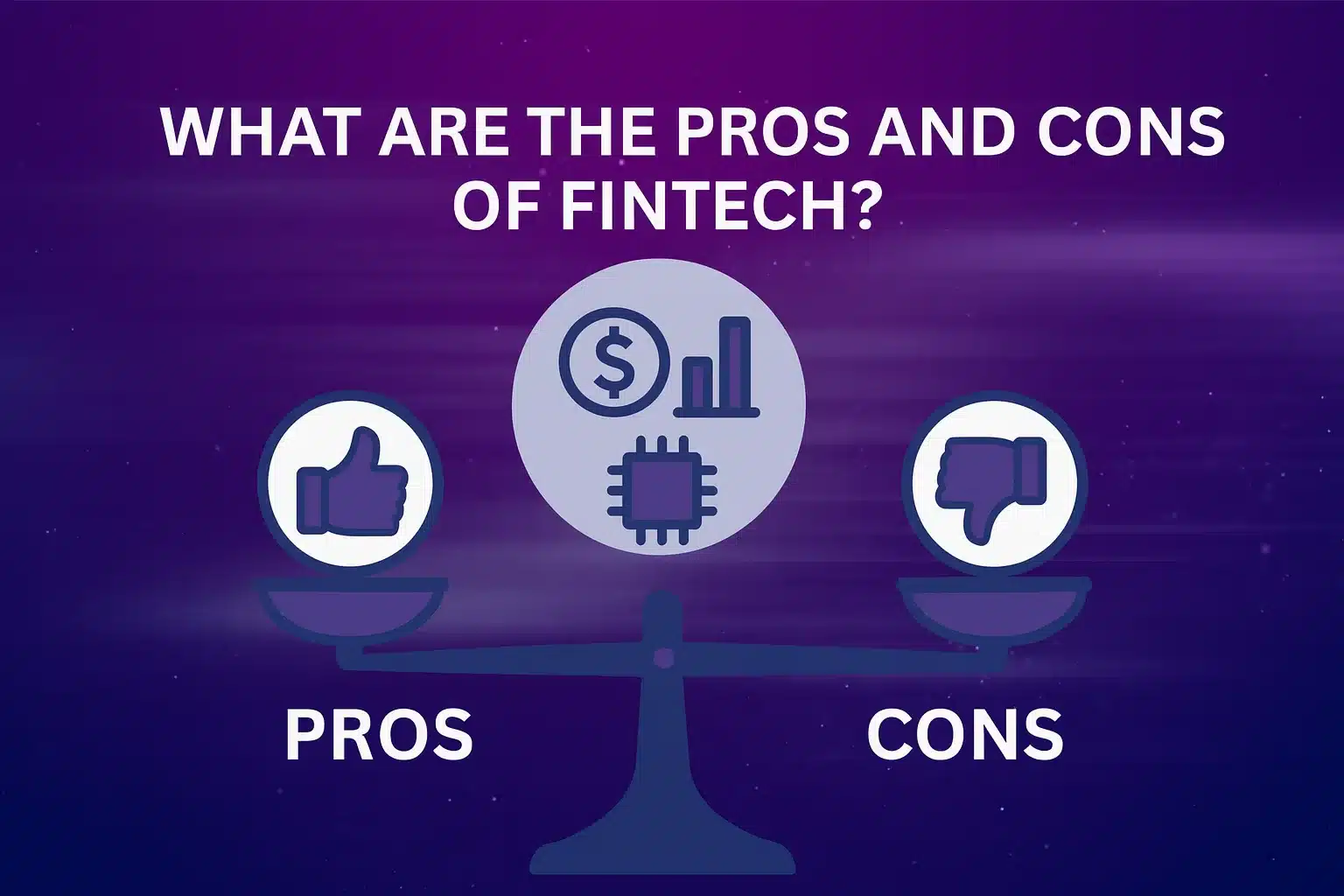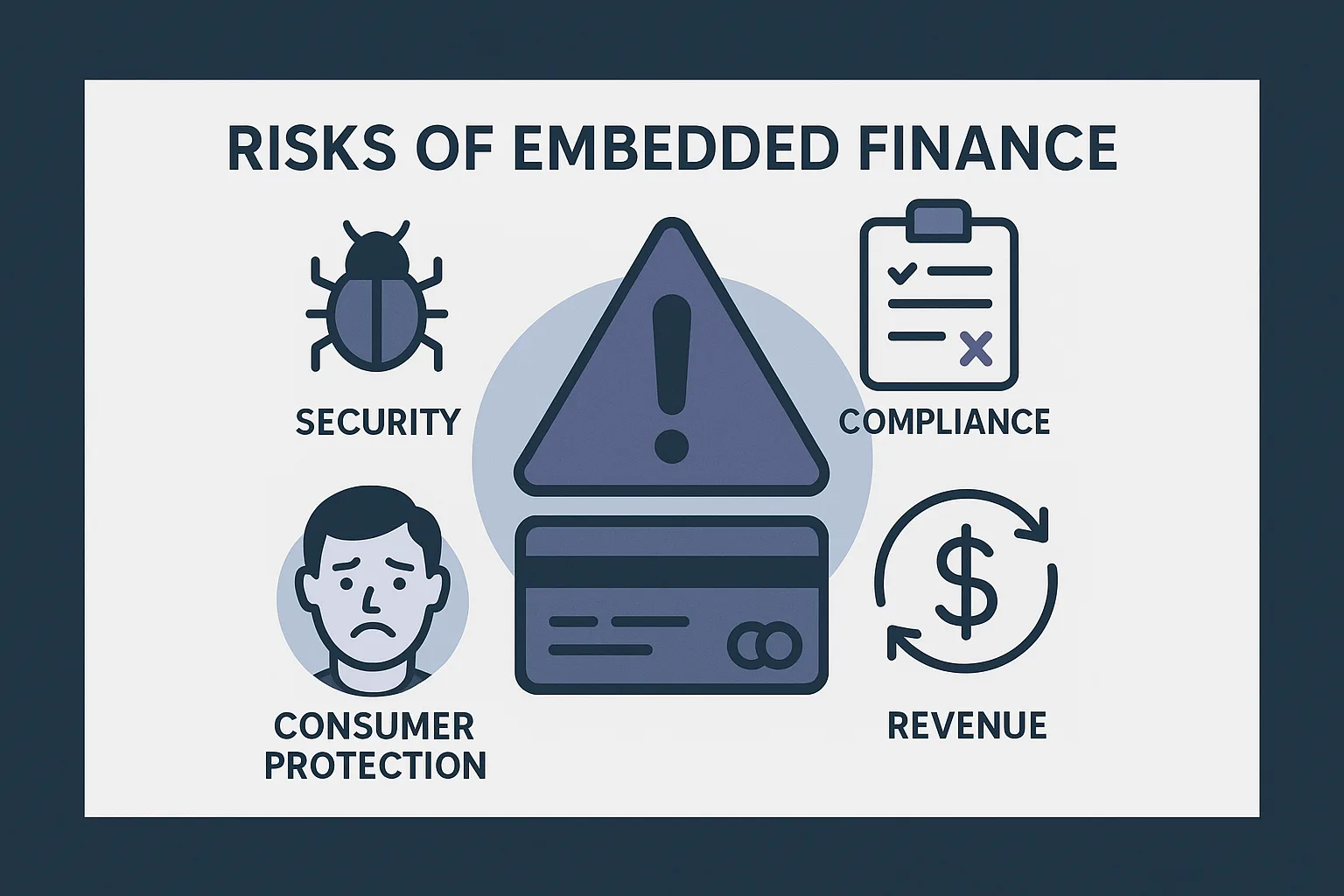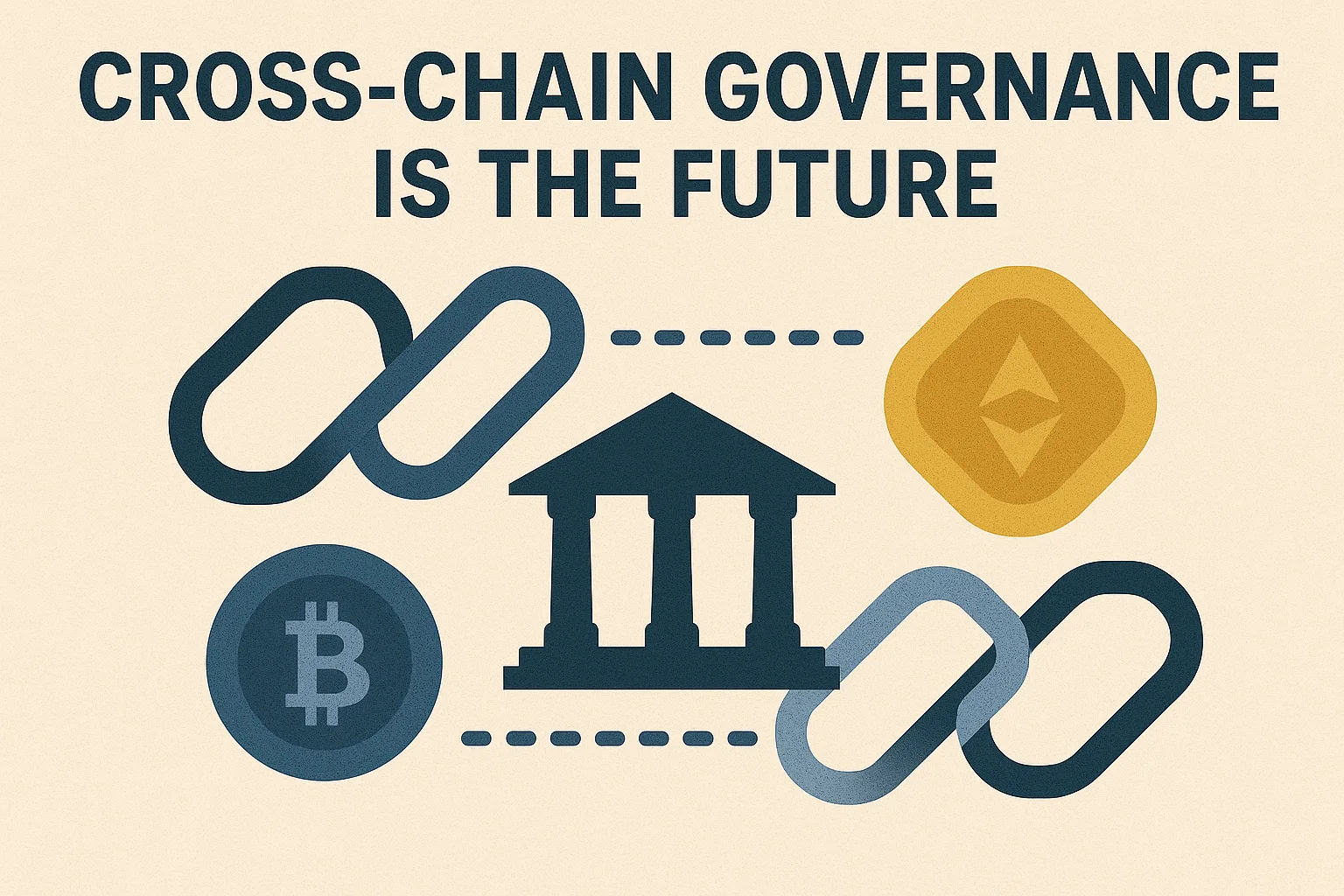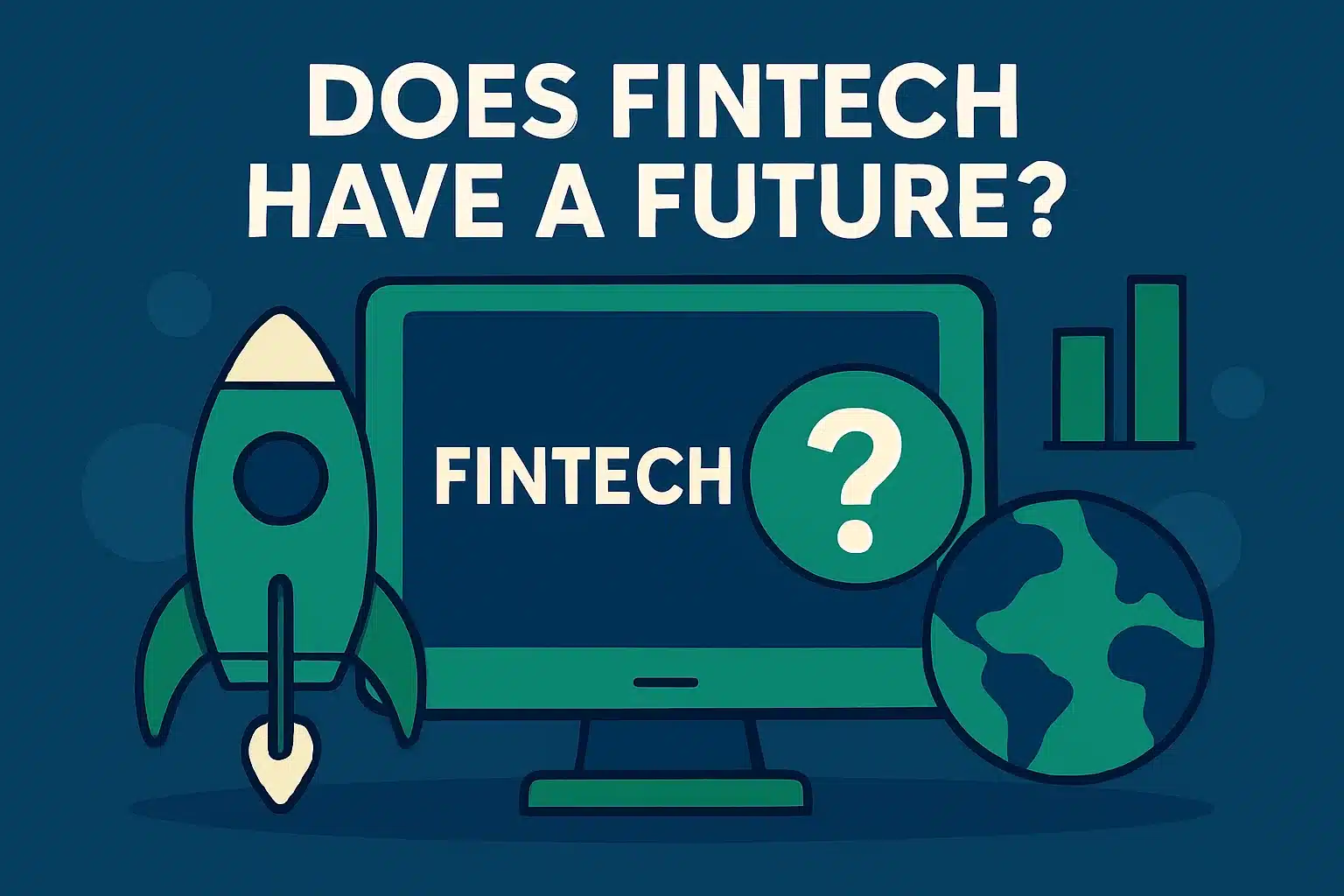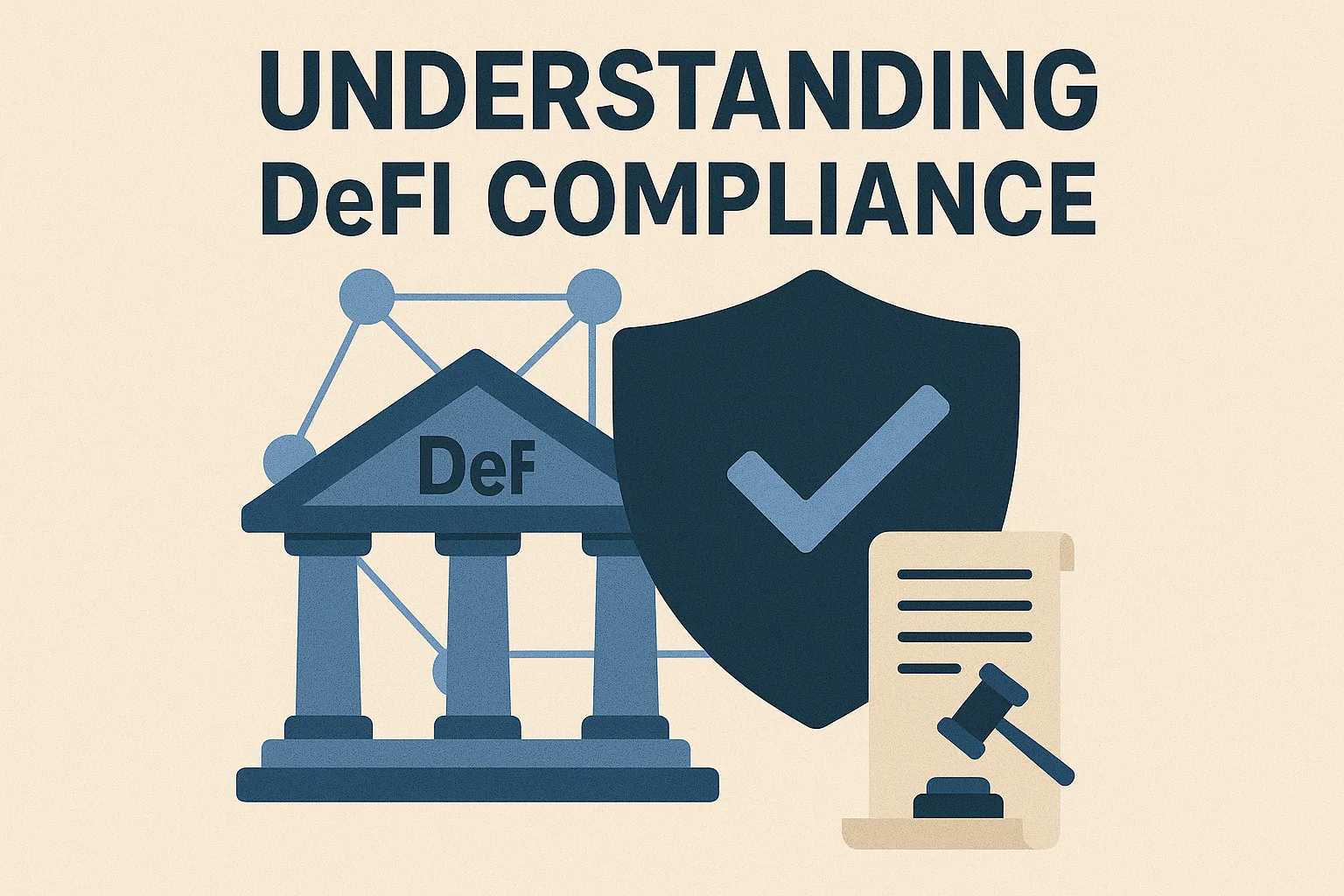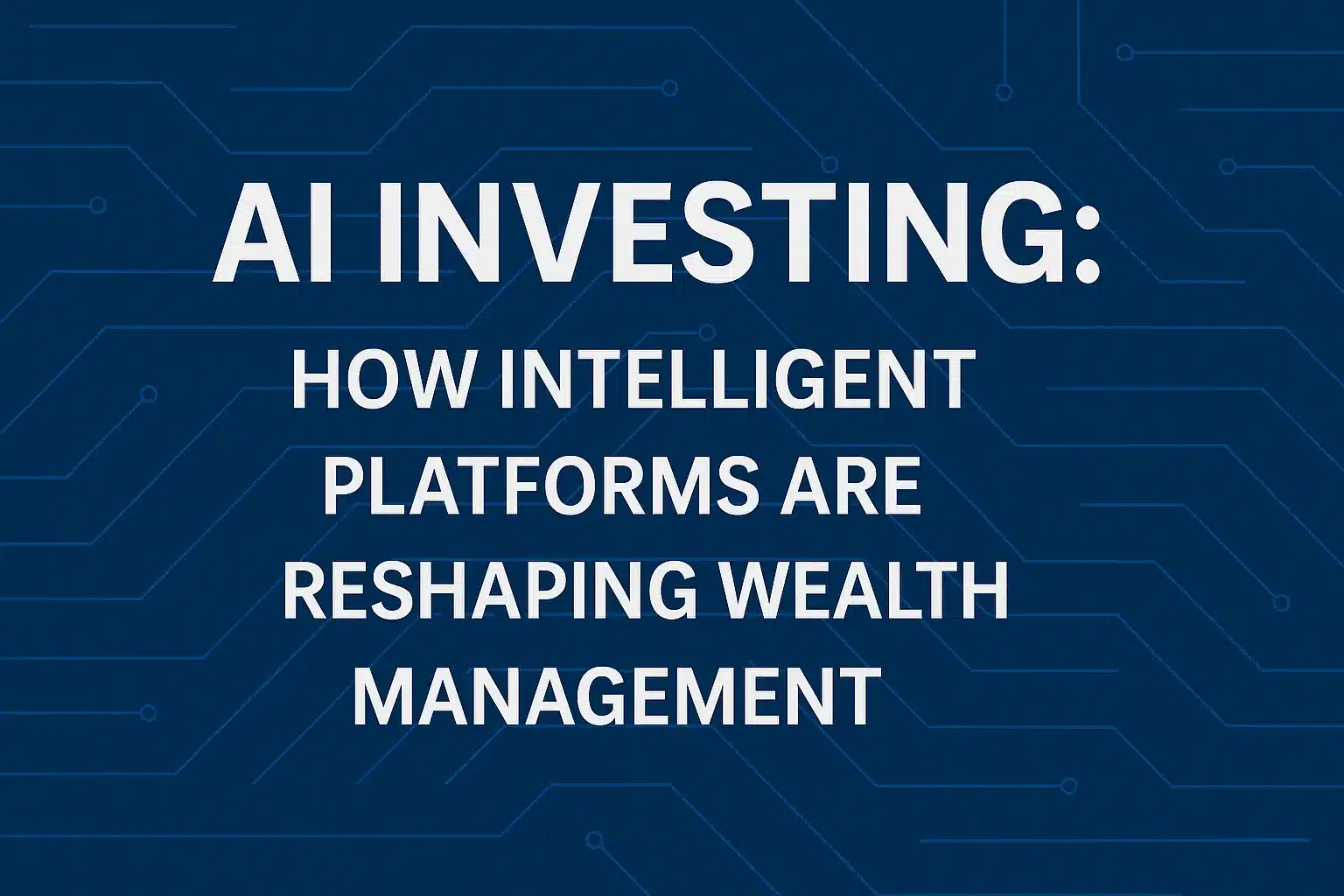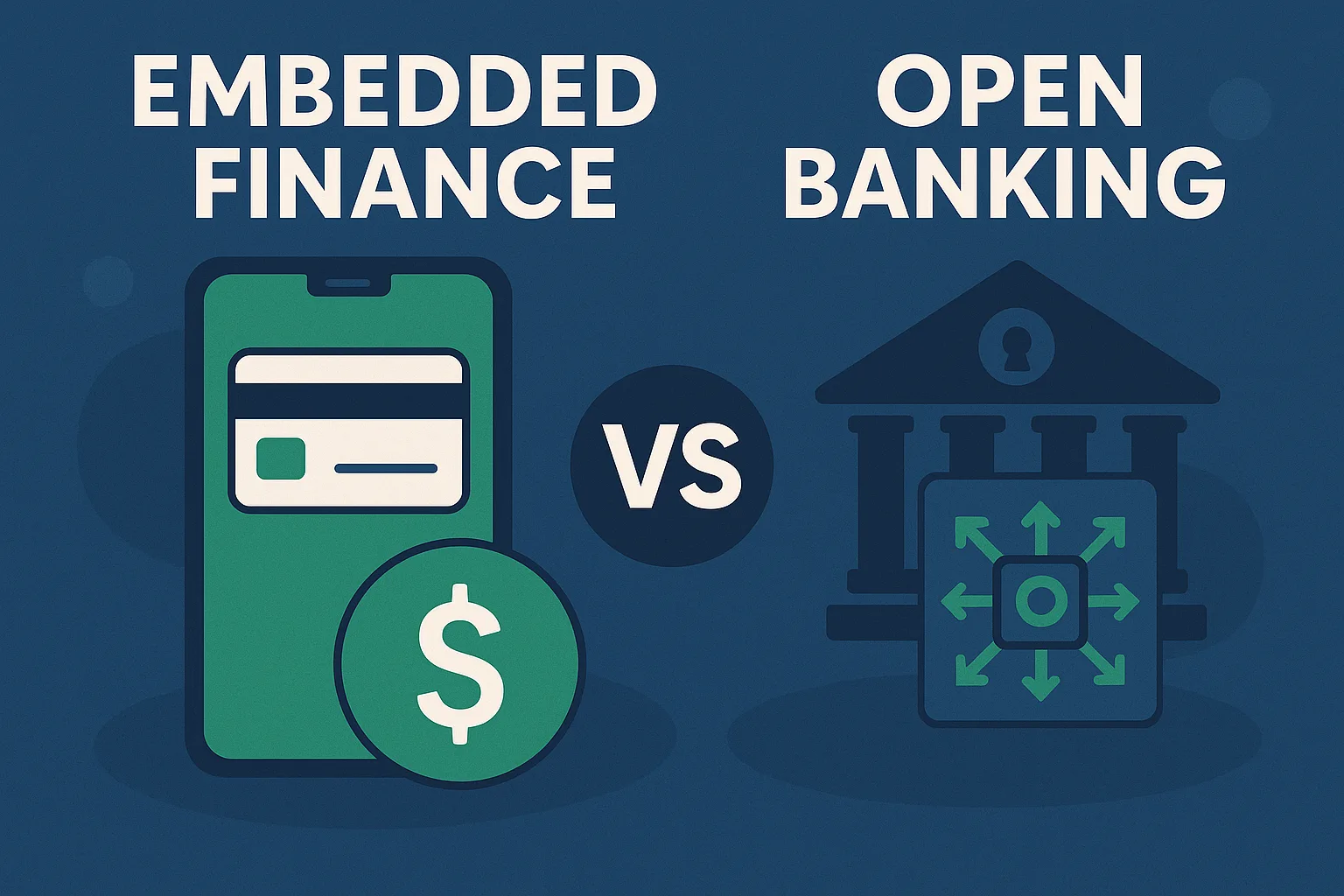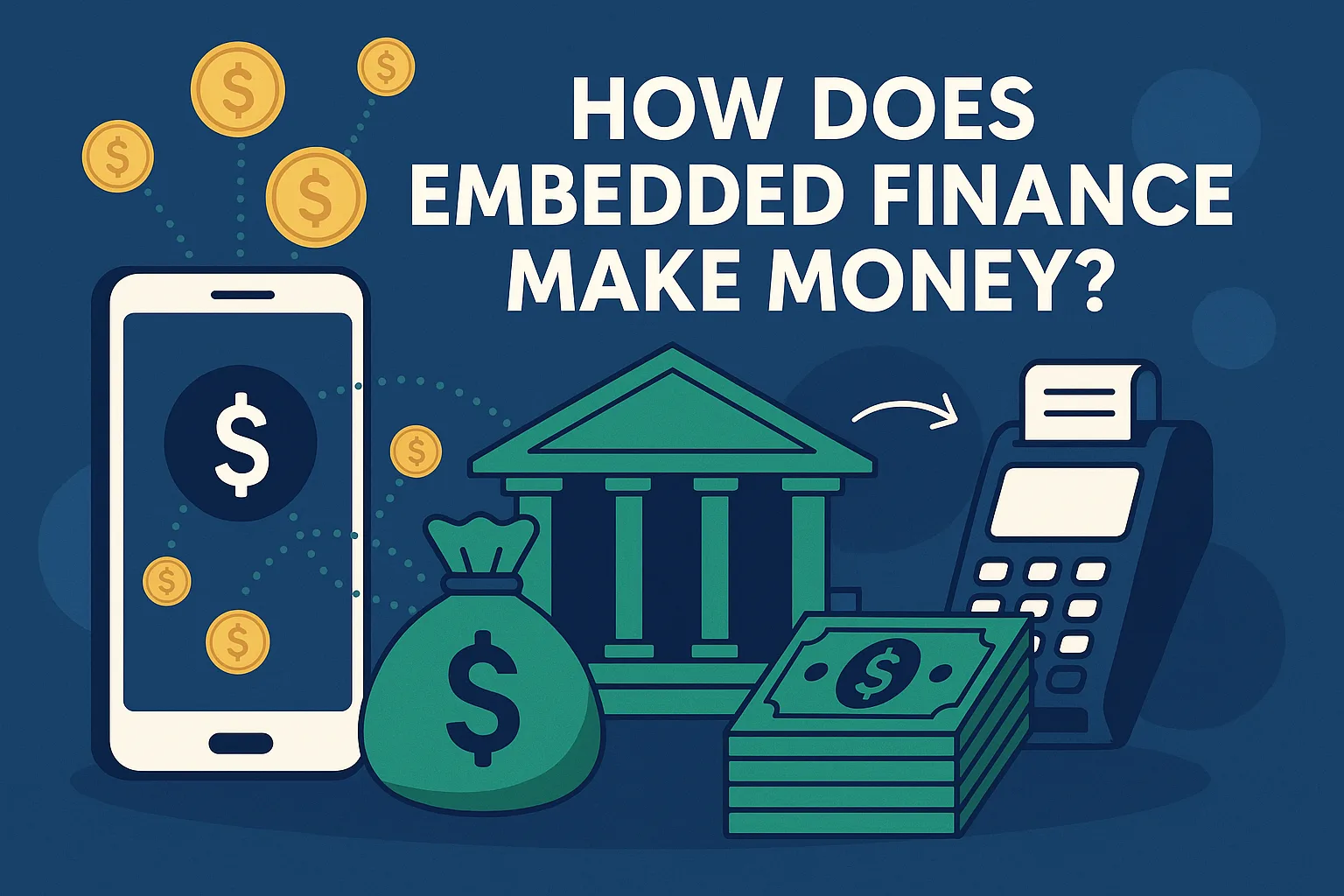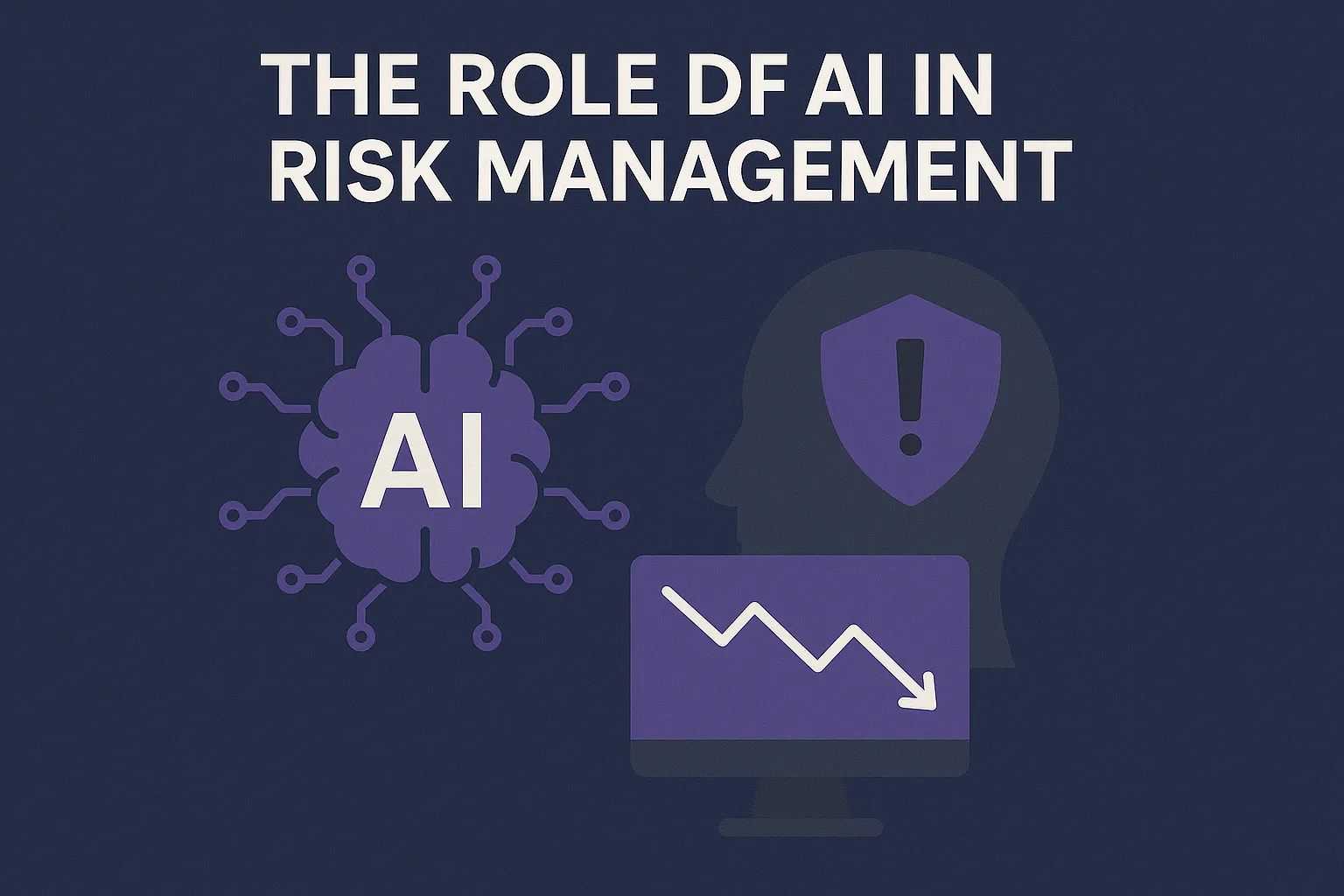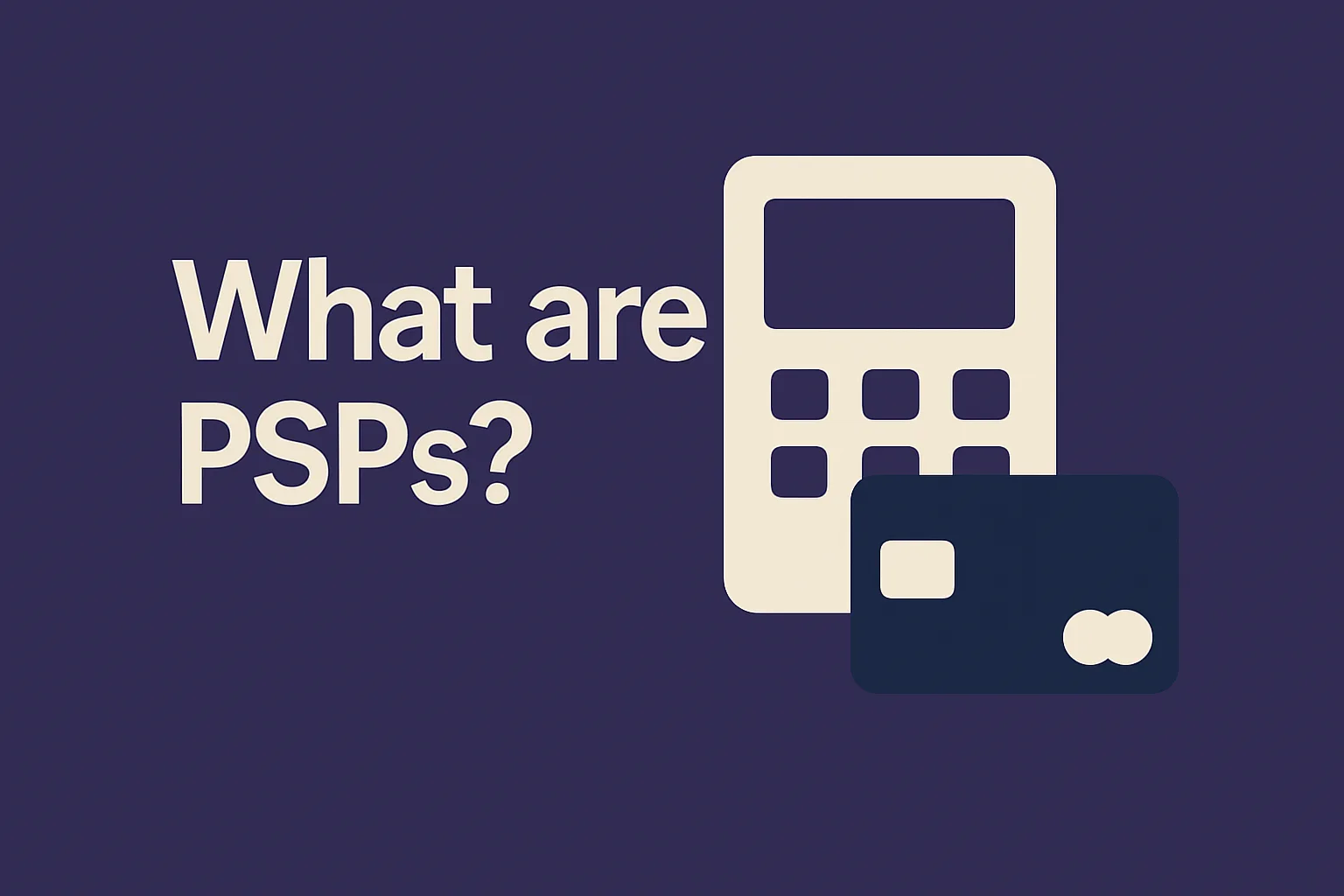Analysis
Explore in-depth fintech analysis covering industry trends, technological shifts, market developments, and company strategies. Fintech Review delivers thoughtful commentary on the ideas, forces, and innovations shaping the future of financial services.
-
Future of Cross-Chain Interoperability
Blockchain has already transformed how we think about finance, ownership, and decentralisation. But to realise its full potential, these networks …
-
Top Personal Finance Tools 2025: Managing Money Smarter in a Digital World
Managing personal finances has never been easier. Or more complex. The explosion of apps, platforms, and digital banks offers unprecedented …
-
Understanding Interoperable Blockchains: Unlocking the True Potential of Web3
In the early days of blockchain, networks operated like isolated islands. Bitcoin, Ethereum, and newer chains all developed their own …
-
How Core Banking Software Powers the Fintech Ecosystem
In today’s digital financial landscape, the core banking system is the engine that powers everything from high-street banks to disruptive …
-
Fintech Banking: Rethinking the Bank
Banking has changed more in the past decade than in the century before. Fintech banking is at the heart of …
-
How Secure is Fintech?
As digital finance continues to reshape the world, one key question remains top of mind: how secure is fintech? From …
-
What Are the Pros and Cons of Fintech?
Fintech has become a dominant force in modern finance. From mobile payments and digital banks to robo-advisors and blockchain, these …
-
Cross-Chain Governance Is the Future
Governance is at the heart of every blockchain protocol. It defines how communities make collective decisions, approve upgrades, allocate resources, …
-
Does Fintech Have a Future?
Fintech has transformed how we bank, invest, and move money. But after years of rapid innovation, market hype, and regulatory …
-
Understanding DeFi Compliance: Navigating Regulation in a Decentralised World
Decentralised finance has redefined what financial services can look like. Smart contracts, permissionless lending, decentralised exchanges, and tokenised assets have …
-
AI Investing: How Intelligent Platforms Are Reshaping Wealth Management
Artificial intelligence is redefining the world of wealth management. What started as algorithmic trading for hedge funds has now become …
-
Cross-Chain Wallet Compatibility: The Foundation Web3
As Web3 evolves, users are no longer confined to a single blockchain. They hold tokens on Ethereum, farm yield on …
-
Top 10 Fintech Funding Rounds of H1 2025
The first half of 2025 saw a resurgence of major fintech funding rounds, defying earlier concerns about a slowdown. Investors …
-
The Role of AI in Risk Management: A New Era for Fintech
Artificial intelligence is not just enhancing customer experience in fintech, it is fundamentally reshaping how risk is assessed, monitored, and …
-
Digital Transactions in a Globalised World
Digital transactions are now the foundation of the global economy. Whether you are paying for a coffee, sending money abroad, …
-
The Future of Wealth Management Platforms: Simplicity, Access, and Smart Automation
The world of wealth management is no longer reserved for a privileged few. In 2025, digital platforms have transformed investing, …
-
What are PSPs?
In today’s digital economy, accepting payments is no longer as simple as opening a till. Businesses of all sizes need …


